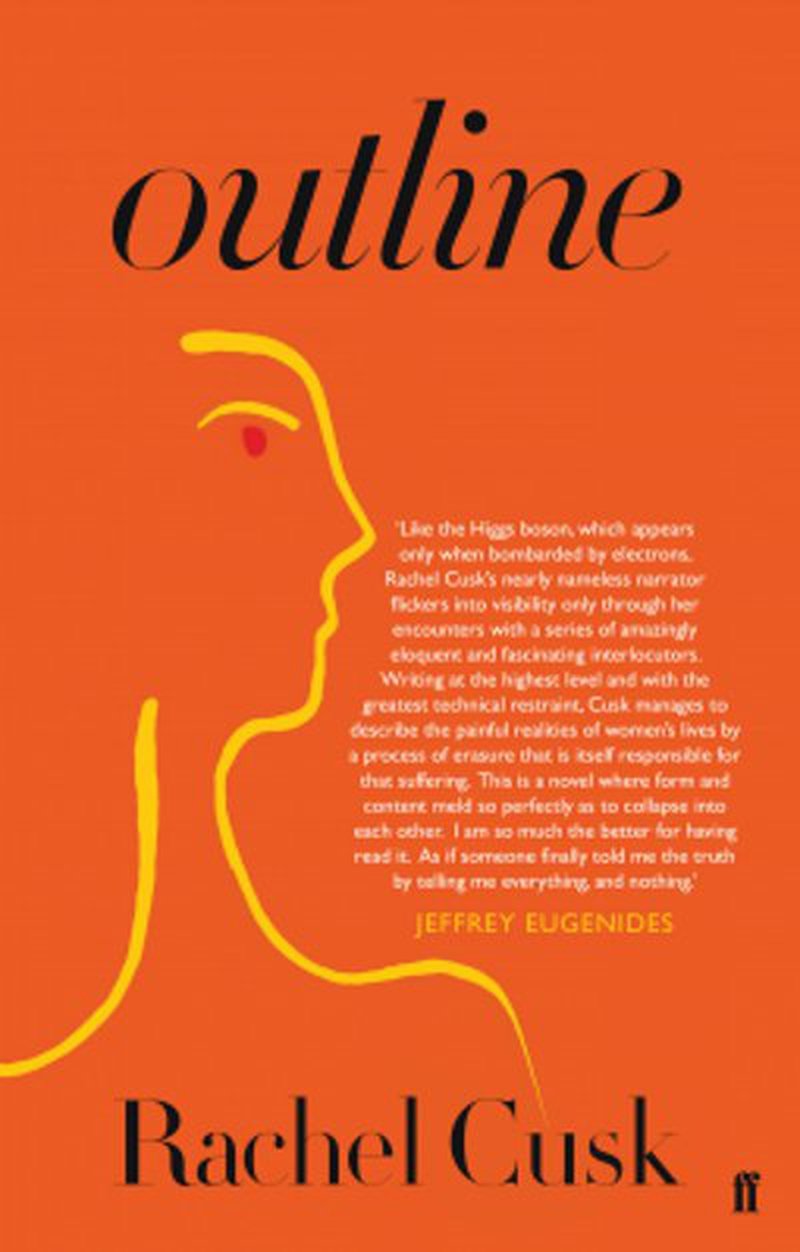


At one point in the first novel, Outline, she remarks, “I had come to believe more and more in the virtues of passivity, and of living a life as unmarked by self-will as possible.” In a way, as Faye is drawn forward not by her own desires but by randomness and the interventions of others, this trilogy offers a document of passivity, a record of the passive life. She plays the role of listener-an engaged and challenging listener, certainly, but still more receptive than active. She has won and been shortlisted for numerous prizes: her most recent novel, Outline (2014), was shortlisted for the Folio Prize, the Goldsmith's Prize and the Bailey's prize, and longlisted for Canada's Giller Prize.Faye speaks relatively little, and usually to offer questions or interpretations of what she hears rather than stories of her own. She read English at New College, Oxford.Ĭusk is the Whitbread Award–winning author of two memoirs, including The Last Supper, and seven novels, including Arlington Park, Saving Agnes, The Temporary, The Country Life, and The Lucky Ones. Rachel Cusk was born in Canada, and spent some of her childhood in Los Angeles, before her family returned to England, in 1974, when Cusk was 8 years old. In 2003, Rachel Cusk was nominated by Granta magazine as one of 20 'Best of Young British Novelists' She lives in Brighton, England.

She has won and been shortlisted for numerous prizes: her most recent novel, Outline (2014), was shortlisted for the Folio Prize, the Goldsmith's Prize and the Bailey's prize, and longlisted for Canada's Giller Prize. Cusk is the Whitbread Award–winning author of two memoirs, including The Last Supper, and seven novels, including Arlington Park, Saving Agnes, The Temporary, The Country Life, and The Lucky Ones.



 0 kommentar(er)
0 kommentar(er)
